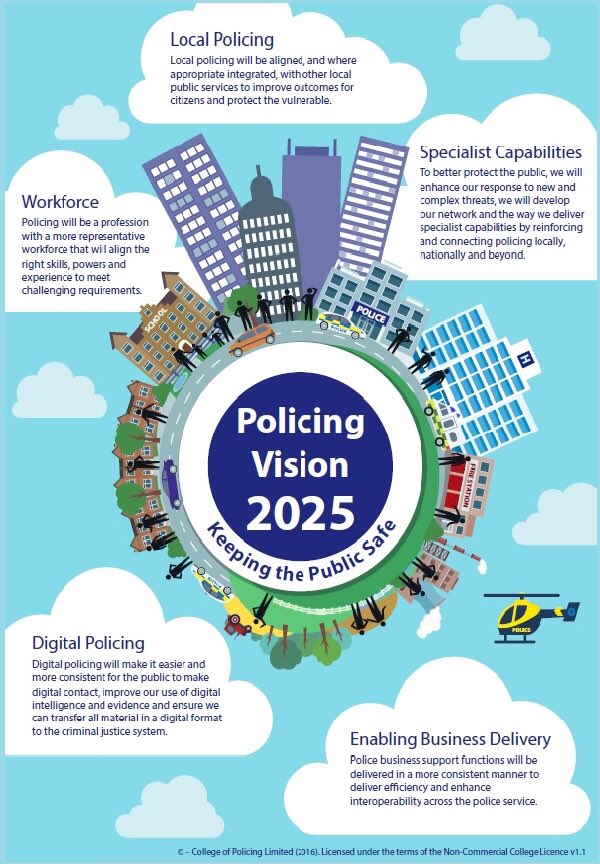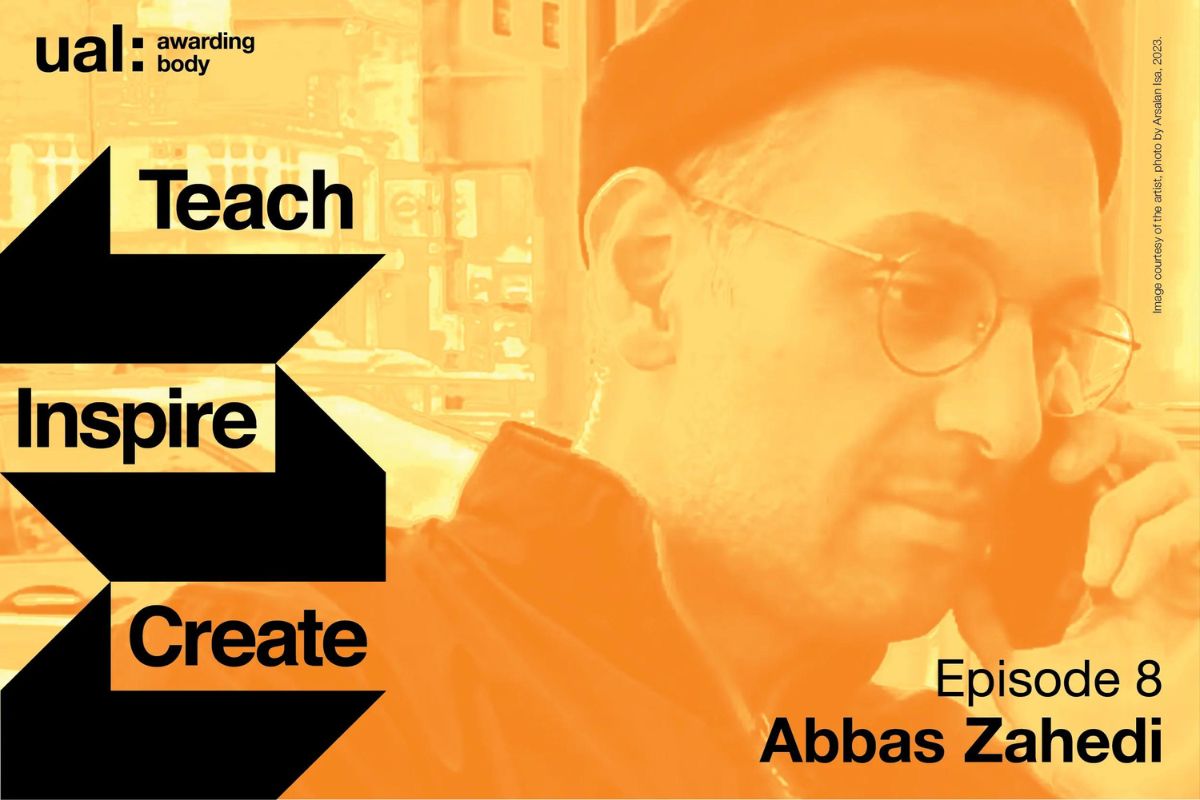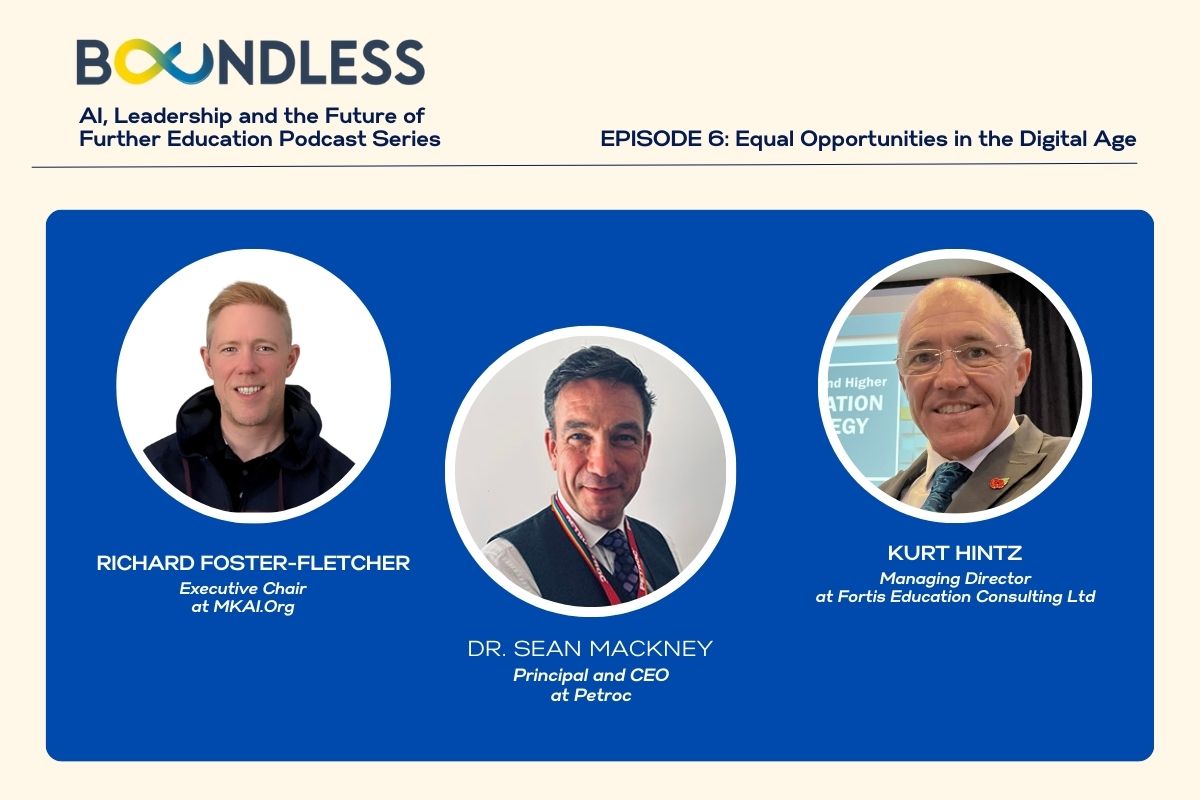Flexible entry to Policing is essential for attracting diverse talent

Lack of Knowledge Puts Promising Potentials Off Police Work – @UniversityofLaw has launched a Professional Policing degree to support the #PolicingVision2025
68% don’t believe a career in the police force is accessible to all, almost one in five (18%) people aged 18-24 are put off pursuing a career in policing as they don’t know what job roles are available to them.
More than two thirds (68%) of UK adults don’t believe a career in policing is accessible to everyone.
Even though the variety of roles are so broad in law enforcement, such as a police officer or constable, behind the scenes as an evidence technician or victim advocate, a custody officer or court reporter, 49% of people still believe it’s a career choice that’s only accessible to a certain group or type of person.
Half of all 18-24 year olds surveyed have never considered a career in the police force, with the biggest barriers to joining the profession being the perceived dangerous nature of the role (53%), along with a lack of knowledge on both what roles are available (18%) and the career progression (15%), according to research from The University of Law (ULAW).
To tackle this, ULAW have launched a Professional Policing (BSc) degree, allowing students to develop a comprehensive knowledge of possible careers in policing before having to apply, and providing them with a foundation for further study areas such as criminology and law.
FE News chat with Salome Verrell, Senior Tutor at ULAW, for more details about how they plan to support the The Police Vision 2025 to develop a professional police workforce, equipped with the skills and capabilities necessary for policing in the 21st century:
1. What is the best way for the police service to attract a representative mix of people with the right skills, knowledge and potential, behaviours and values to deliver this policing vision?
2. The police force has roles for many other positions than just Police Officers. To get the right mix between officers and staff, how can the police force attract new talent, and what are the best ways of finding out about other potential career opportunities within policing?
3. What are the benefits of creating a culture that values difference and diversity, which empowers individuals, and is more representative of the communities they serve?
4. For policing to innovate at the pace required, how can changes to the culture and leadership of the police service best be introduced?
5. Recent research has shown that 50 year careers are now becoming the norm, meaning that continuous professional development and lifelong learning are more important than ever. How can the police service support CPD whilst adding critical new skills to the police service?
Work Force Challenges
The Police service provided is critically reliant on the quality of its people. It needs to be delivered by a professional workforce equipped with the skills and capabilities necessary for policing in the 21st century. It is also clear many individuals now have different work and career aspirations and needs.
This has to be taken into account with the workforce model and supporting police education and professional development frameworks that are developed to ensure the police service attracts a representative mix of people with the right skills, knowledge and potential, behaviours and values to deliver the policing vision:
- Effective leadership and management is critical. The service needs to create a culture that values difference and diversity and which empowers individuals to maximise their contribution through continuous professional development and the encouragement of reflection and innovation.
- The current employment model needs to provide the right reward and recognition outcomes for police officers and staff as well as be affordable for communities.
- Policing is built on our people. There is a need to add critical new skills to the service, get the right mix between officers and staff and be more representative of the communities we serve to achieve our vision.
- Changes to the culture and leadership of the service are vital if policing is to innovate at the pace required.
The Policing Vision 2025 will do this by:
- Continuing work to build a culture which values difference, openness and transparency, underpinned by the shared values and behaviours set out in the Code of Ethics.
- Establishing a methodology and framework which helps practitioners across policing contribute towards building knowledge and standards based on evidence.
- Creating routes to enter, leave and re-enter policing which are clear, flexible and consistently applied across the service.
- Setting clear and consistent requirements for entry into policing and for accreditation to defined ranks and roles in the service.
- Supporting key aspects of policing training and development through academic accreditation which recognises the skills and knowledge of our workforce.
- Creating independently validated frameworks of continuing professional development for all in policing, helping them gain recognition for their skills, progress their careers and fulfil their potential.
- Developing our staff and working with our statutory regulators to define a better balance between personal accountability and a bureaucratic fear of making mistakes.
- Developing a comprehensive understanding of demand on policing and matching it to knowledge, skills, and capability to meet that demand in a consistent and cost effective way.
- Exploring opportunities for police conditions of service to reflect flexibility, reward contribution, competence and skill levels using a model which is affordable.
- Consideration of a more consistent national framework for police staff terms and conditions to support collaboration while enabling appropriate local flexibility.
- Creating a leadership and management development model which equips leaders at all levels to meet the challenges of the future and, by empowering policing professionals, allows levels of supervision and checking to be reduced.
- Building an evidence base on staff wellbeing, procedural justice and maximising discretionary contribution so that those who work in policing can be supported and valued through change.
- Creating further opportunities for members of the community to volunteer (or take apprenticeships) within the service.
- Implementing the College of Policing leadership review to equip leaders of the future with the skills and knowledge to succeed, and exploring opportunities to achieve efficiency and broaden leadership experience and perspective through integrating leadership development within and outside of the public sector.
- Supporting the workforce through change so that they feel valued and retain their commitment and sense of vocation while adapting to meet the new challenges.
By 2025 policing will be a profession with a more representative workforce that will align the right skills, powers and experience to meet challenging requirements.











Responses